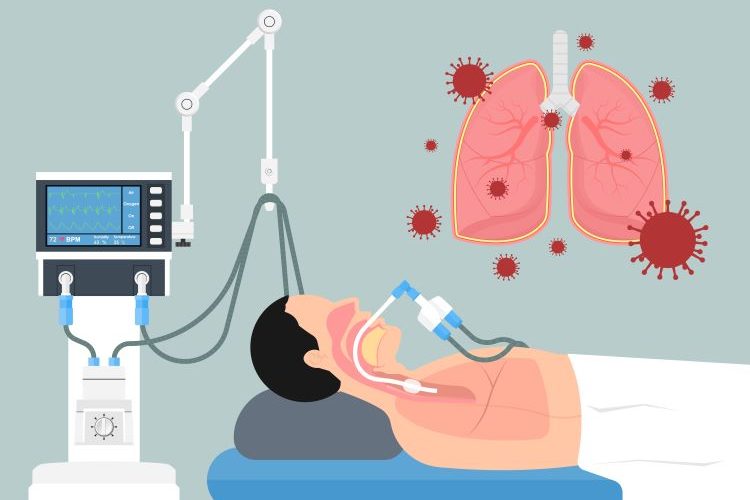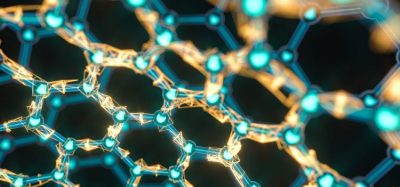Could AAT be the answer to COVID-19 ARDS?
Posted: 14 March 2022 | Hannah Balfour (European Pharmaceutical Review) | No comments yet
Clinical study finds alpha-1 antitryspin (AAT) reduces pro-inflammatory IL-6 and therefore may benefit COVID-19 patients with Acute Respiratory Distress Syndrome (ARDS).


Research has identified a potentially effective treatment for critically ill COVID-19 patients with Acute Respiratory Distress Syndrome (ARDS). A clinical study conducted by Irish researchers, suggests an anti-inflammatory protein, alpha-1 antitryspin (AAT), helps reduce inflammation and therefore could benefit ARDS patients.
AAT is a naturally occurring human protein produced by the liver and released into the bloodstream to protect the lungs from destruction by common illnesses.
The research, published in Med, investigated the effects of using AAT purified from the blood of healthy donors to treat COVID-19 patients who had progressed to ARDS, a highly inflammatory state hallmarked by airway damage, respiratory failure and increased risk of death. Treatment options for COVID-19 patients who have ARDS are currently limited.
In the trial, 36 patients were randomised to receive weekly placebo, weekly AAT (Prolastin, Grifols, S.A.; 120mg/kg) or AAT once followed by weekly placebo. The primary endpoint was the change in plasma interleukin (IL)-6 concentration at one week. In addition to assessing safety and tolerability, changes in plasma levels of IL-1β, IL-8, IL-10 and soluble TNF receptor 1 (sTNFR1), as well as clinical outcomes were assessed as secondary endpoints.
The results show that intravenous (IV) AAT decreased inflammation, with the trial meeting its primary endpoint of decreased circulating IL-6 concentrations at one week in the treatment group. By contrast, the levels of IL-6 in the placebo group were increased at week one. In addition, plasma sTNFR1 was substantially decreased in the treatment group while remaining unchanged in patients receiving placebo. IV AAT did not definitively reduce levels of IL-1β, IL-8 and IL-10. No difference in mortality or ventilator-free days was observed between groups, though a trend towards decreased time-on-ventilator was observed in AAT-treated patients.
The study also found that AAT treatment was safe and well tolerated and did not interfere with patients’ ability to generate their own protective response to COVID-19.
Commenting on the results, the study’s co-lead author, Dr Oliver McElvaney from the RCSI Department of Medicine and Beaumont Hospital, stated: “We know that patients who are critically ill with COVID-19 are more prone to developing severe inflammation throughout the body, with a disproportionately high rate of progression to ARDS and other serious respiratory issues. We think AAT might be able to provide some protection against the more harmful types of inflammation that arise in severe COVID-19 and other conditions with a similar inflammatory profile.”
Professor Gerry McElvaney, RCSI Department of Medicine and Beaumont Hospital, and senior author on the paper, added: “These early results are encouraging, and will we hope form the basis for a larger trial to see how much of an effect reducing inflammation using AAT has on clinical outcomes such as mortality.”
The study was a collaboration between RCSI University of Medicine and Health Sciences – Beaumont Hospital and St James’s Hospital, both in Dublin, Ireland.
Related topics
Biologics, Clinical Trials, Drug Development, Drug Safety, Proteins, Research & Development (R&D), Therapeutics, Viruses
Related organisations
RCSI University of Medicine and Health Sciences - Beaumont Hospital, St James's Hospital
Related people
Related diseases & conditions
Acute Respiratory Distress Syndrome (ARDS), Coronavirus, Covid-19









